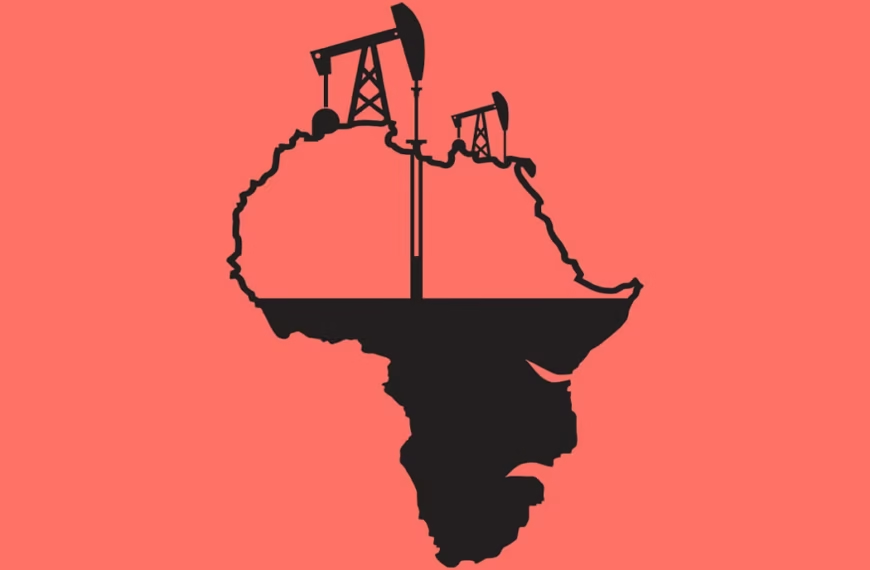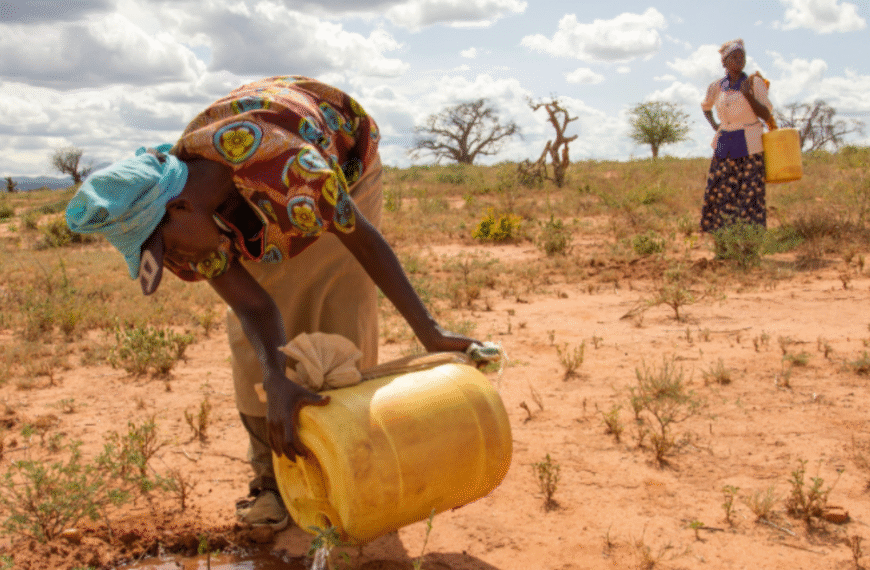Nestle: The Baby Killer

Dhruv Moondra
August 31 2024
Nestle is one of the biggest companies in the world. Likewise, you would expect such a large and famous company to act ethically and responsibly right? Well unfortunately that is not the case and Nestle has had a long history of continuous controversies and human rights abuses that make it one of the most evil companies.
Did you know that estimates suggest Nestle’s marketing campaign during the 1970s inside low income countries resulted in 800,000 to 1.5 million child deaths a year from its baby formula?
Yes, I’m not joking.
You see, during the 1960s the market for baby formula had saturated in western countries since birth rates began declining and so Nestle’s baby formula had to find new ways to maintain sales. The obvious answer was to look for new customers in lower income countries, but there was a catch. Only between 1%-5% of women couldn’t breastfeed and in many countries, utilising baby formula would eat away 40% of household income. Thus, creating a market for such products would have been impossible.
So what did Nestle do?
Instead of accepting this moral dilemma, Nestle flooded the markets of Asia, Africa and South America with intensive ad campaigns. They spread misleading campaigns like wildfire where mothers were told that breastfeeding was inferior, associated with poverty, caused breast sagging and prevented them from working. Overall, Nestle falsely portrayed breastfeeding as unsanitary and lacking in nutrition. They made extensive efforts to market baby formula as a symbol for status while simultaneously targeting vulnerable communities who had no prior education.
And Nestle didn’t stop there, in order to make sure everyone uses their products they hired doctors, nurses and medical experts everywhere to advertise their products and distribute free samples. They even employed a network of 5000 untrained women to dress up as doctors and win over illiterate mothers. Moreover, tactics like providing one year worth of free supply and many other gimmicks ensured that the formula was used long enough until breast milk could no longer be produced naturally. So Nestle basically drugged customers, enslaving them towards its products.
The worst part is that not only were these bottles lacking essential nutrients and probiotics that help build immunity, develop the digestive system and help in brain growth but they were killing and sickening countless lives. This is because most women didn’t have access to clean drinking water so they were supposed to light a fire, boil water and sterilise the bottle each time the baby needed to be fed which was absolutely unfeasible. Therefore, a study found that 80% of bottles examined had high levels of bacterial contamination.
Additionally, many mothers couldn’t afford to buy enough tins to get through the month so they diluted the baby formula, malnourishing their child even more.
This case was so common that the disease was named after Nestle’s product “Lactogen Syndrome” as 32% of those who consumed it suffered from chronic malnutrition.
In the end, these children were 25 times more likely to die of diarrhoea and 4 times more of pneumonia so a baby died every 30 seconds as a result of unsafe bottle feeding.
Today, despite having created a human catastrophe, Nestles still continues to exploit weak regulations in developing markets by shamelessly incorporating dangerously high levels of artificial sugars in its formula milk. This according to WHO paves the way for obesity and noncommunicable diseases like cardiovascular disease which is the leading cause of death in the world.
Just like this case, Nestle has been the cause of numerous other tragedies like stealing clean drinking water away from towns and villages to sell it back to them like in Pakistan. They are also responsible for heavily polluting water bodies and using palm oil without facing consequences and they have been practising child and forced labour for decades.
Ultimately, all this goes to show how Nestle is a company that would go to any extent to maximise its profits without any corporate social responsibility or moral values.






Leave a Reply
You must be logged in to post a comment.